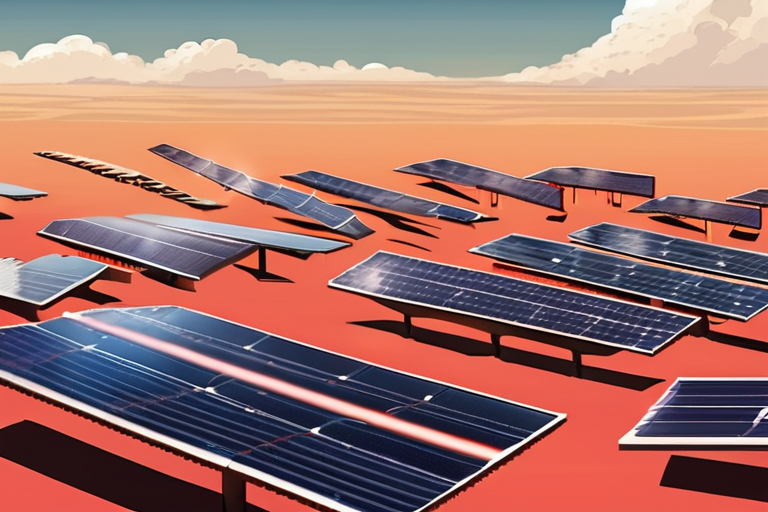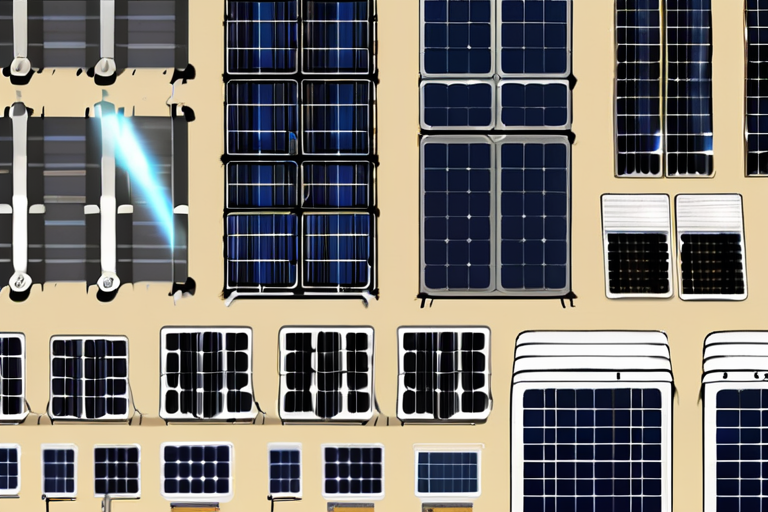American-Israeli Company Raises $60 Million for Solar Geoengineering Technology, Sparking Concerns Over Private Sector Involvement
Last week, Stardust, an American-Israeli company, announced it had secured a $60 million venture capital round, the largest known investment to date for a solar geoengineering startup. This significant funding boost has raised eyebrows among scientists and experts who have been warning about the risks of private companies developing and deploying technologies that can alter the planet's climate.
The $60 million investment in Stardust is a substantial sum, more than double the amount raised by the next largest solar geoengineering startup. This funding will enable Stardust to accelerate the development of its proprietary technology, which it claims can cool the planet. According to Heatmap, the company aims to deploy its system by the start of the next decade.
The investment in Stardust is a reflection of the growing interest in solar geoengineering as a potential solution to mitigate the effects of climate change. However, scientists who have worked on the science of solar geoengineering for decades have expressed concerns about the emerging efforts to start and fund private companies to build and deploy these technologies. They argue that such tools should be studied, evaluated, and developed mainly through publicly funded research institutions, rather than private companies driven by profit motives.
The market for solar geoengineering technologies is still in its infancy, but it is expected to grow rapidly in the coming years. According to a report by ResearchAndMarkets.com, the global solar geoengineering market is projected to reach $1.3 billion by 2027, growing at a compound annual growth rate (CAGR) of 25.6% during the forecast period.
Stardust is not the only company working on solar geoengineering technologies. Other startups, such as Make Sunsets and Locus Bio-Energy, are also developing similar technologies. However, Stardust's $60 million investment is the largest known funding round to date, indicating the growing interest in this space.
The involvement of private companies in solar geoengineering raises concerns about the potential risks and unintended consequences of these technologies. Scientists argue that the development and deployment of such technologies should be subject to rigorous scientific evaluation and public oversight, rather than being driven by profit motives.
As the market for solar geoengineering technologies continues to grow, it is likely that we will see more private companies entering this space. However, the concerns raised by scientists and experts highlight the need for a more nuanced approach to the development and deployment of these technologies. Ultimately, the future of solar geoengineering will depend on a careful balance between scientific progress, public trust, and responsible business practices.



























Share & Engage Share
Share this article